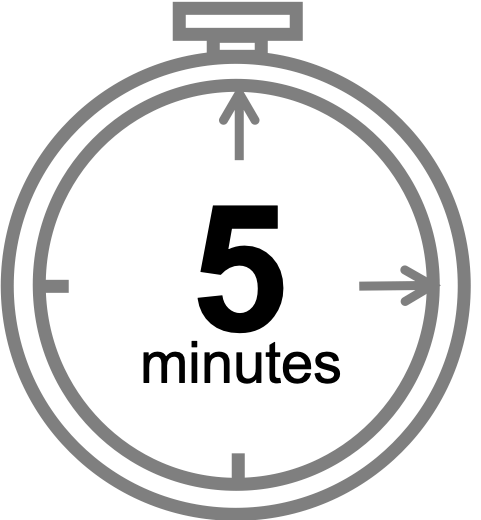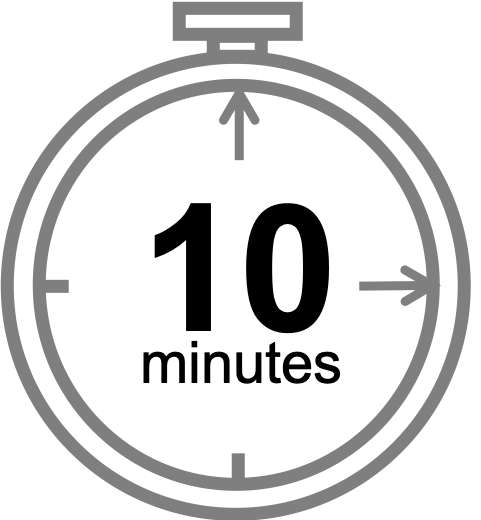Welcome to MOSAiC Monday!
Each week, we'll provide you with short engagements to connect your classroom to the MOSAiC expedition.
This week, introduce your students to the MOSAiC expedition with a dramatic trailer and learn more about it with a fun MOSAiC in Numbers trivia game. Also, get ready to track the Polarstern on its journey through the Arctic. Finally, your students can analyze simple real-time oceanographic data from the ship just like the MOSAiC scientists.
 Video: About the Expedition
Video: About the Expedition
On September 20, one of the most extensive Arctic research expeditions ever conducted will launch. Over the next 13 months, 500 scientists from 19 nations will learn about the Arctic climate system from the icebreaker Polarstern. Learn more about the expedition in this short video.
 Quick Bite: MOSAiC in Numbers Trivia
Quick Bite: MOSAiC in Numbers Trivia
What temperatures will the MOSAiC researchers endure during the expedition? How far will the Polarstern drift during its 13 month journey? Introduce your students to the MOSAiC expedition and count down to the expedition launch with MOSAiC in Numbers trivia.
Go to MOSAiC in Numbers Trivia
 Weekly Tracking: Plot the Polarstern
Weekly Tracking: Plot the Polarstern
Did you know? The route that the Polarstern will take across the Central Arctic is not fully known. Since the ship will be frozen in the Arctic sea ice and drifting along with it wherever it goes, we can only make predictions about the path it will follow. Each week we will provide you with the latitude and longitude coordinates of the Polarstern so that your students can track its journey across the Arctic in your classroom.
Download the map to plot your first set of coordinates.
Download a larger map of the Arctic for a bigger picture view of the expedition area.
Location of the Polarstern
| Date | Latitude | Longitude |
| September 16, 2019 | 69.68 N | 18.99 E |
Extension #1: On the larger Arctic map, have your students label the countries around the Arctic and do some research about the various people who live in the Arctic region. How is the 'Arctic' defined geographically?
Extension #2: Either individually or as a classroom, have students draw their predicted path for the Polarstern before they start plotting its actual location.
 Weekly Tracking: Log MOSAiC data
Weekly Tracking: Log MOSAiC data
Your students can be MOSAiC scientists by analyzing real-time data from the expedition each week. Download the MOSAiC Data Logbook and look for the data in each MOSAiC Monday newsletter throughout the expedition. Over time, your students will be able to use the data they've graphed to make interpretations about seasonality in the Arctic and Arctic weather conditions:
***Note: We expect data to fall within the following ranges:
Length of Day: 0 to 24 hours
Temperature: -40 to 14 °C
Sea Ice Extent: 3 to 15 million km2
Arctic Data
| Date | Length of day (hrs) | Air temperature (deg C) at location of Polarstern | Arctic Sea Ice Extent (million km2) |
| September 16, 2019 | 13.25 | High: 10 Low: 4.4 | 3.9 |
Download a MOSAiC Data Logbook
MM Extra: Eyes on the Expedition
What is it like to be on an icebreaker in the Arctic for weeks at a time? Follow the journeys of PolarTREC educator Katie Gavenus and researcher Anne Gold on the PolarTREC expedition page. @PolarTREC, #PolarTREC, @ArcticResearch
